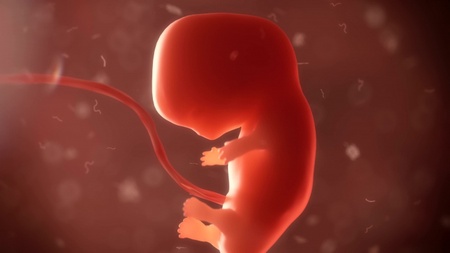Our new MSc in Reproductive and Developmental Biology focuses on the amazing journey from a fertilised egg to a fully formed organism, why this sometimes goes wrong and how using in vitro technologies we can help couples have healthy pregnancies.
The MSc also offers courses in genomics, genetics, toxicology, bioinformatics and research methods. You will be taught be experts in embryology, developmental biology and reproductive biology including staff from the Aberdeen Fertility Centre.
I recently gave a Café Scientifique talk to the general public based on some research my group is focused on, namely thalidomide and primodos. Thalidomide infamously caused thousands of children to be born with severe birth defects between 1958 and 1961. How the drug caused damage to the embryo was discussed. In addition, given how popular thalidomide is again today to treat cancer and forms of leprosy, a discussion on whether a form of thalidomide retaining clinical benefit without the spectre of birth defects was had.
Primodos was used as a hormone pregnancy test and is alleged by some groups to have caused damage to thousands of babies, though this is controversial. A discussion on recent work in zebrafish describing the potential for the components of Primodos to harm zebrafish embryos concluded with more research being needed to understand how and if Primodos caused damage to the mammalian embryo.
These are some of the questions that will also be addressed in the new MSc in Reproductive and Developmental Biology.


